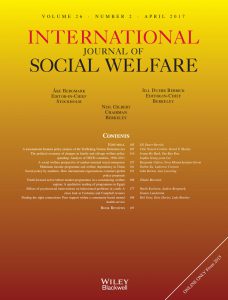The Economy as a Cultural Scandal

nmccoy1
The economic “crisis” receives attention on a twenty-four hour cycle of intense scrutiny, speculation, and news coverage. And though there is no doubt that the economy is in a recession, the spectacle of scandal has shadowed every step of the decline. Rather than reading the scapegoating and blame game as a political process, Mark Jacobs asks us to recontextualize scandal itself as a cultural and social construction.
Scandals are more than media explosions and the uncovering of secrets, they are also structurally mediated “culture wars,” as Jacobs asserts. Further, scandals such as the most recent mortgage crisis and the use of bailout money to pay bonuses illustrate the deep interconnections between and among culture and politics, the individual and the collective, the private and the public. What Jacobs calls a “no-fault society” is one in which structures of accountability fail within these intersections. The reluctance to accept accountability as we can see in a recent NY Times article on the national deficit and bailout loans (see below) points to the ways in which the economy broadly has been culturally constructed as a media, political, and economic scandal. Put another way, the economy has become a culture of no-fault scandal.
NY Times
![]()
![]() Mark Jacobs in the Blackwell Companion to The Sociology of Culture
Mark Jacobs in the Blackwell Companion to The Sociology of Culture





1099-1328/asset/dsa_logo.jpg?v=1&s=e4815e0ca3064f294ac2e8e6d95918f84e0888dd)
Your post is quite scary–the expectation of failure that is built in shows how potentially deep distrust may be in democracy and capitalism. What will this mean for policies going forward? Thanks for an interesting post!
Keri